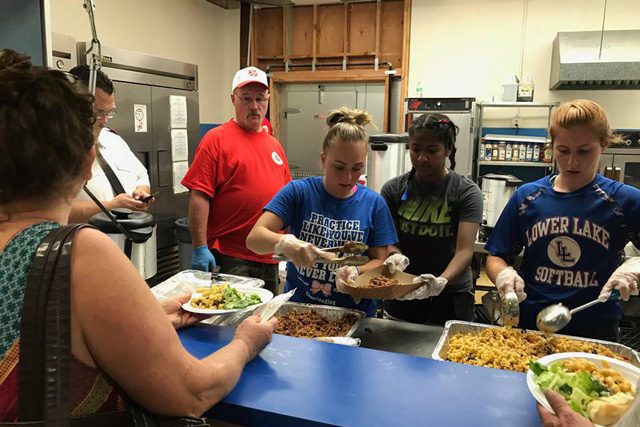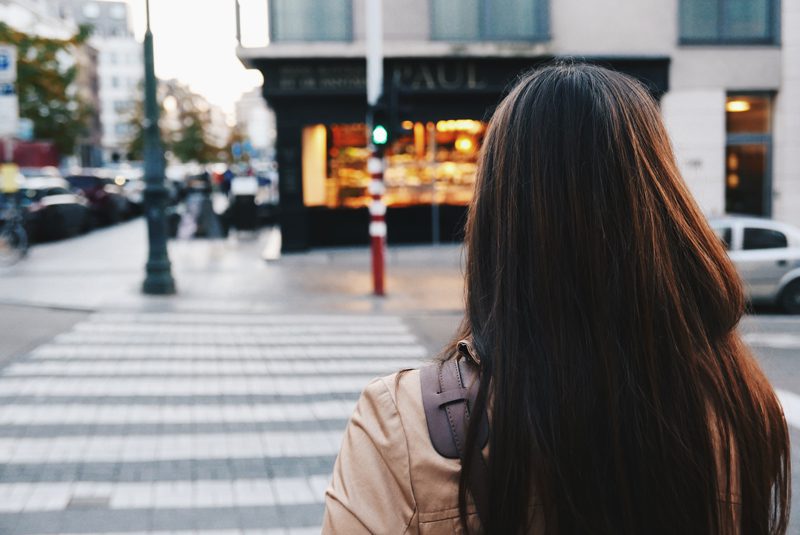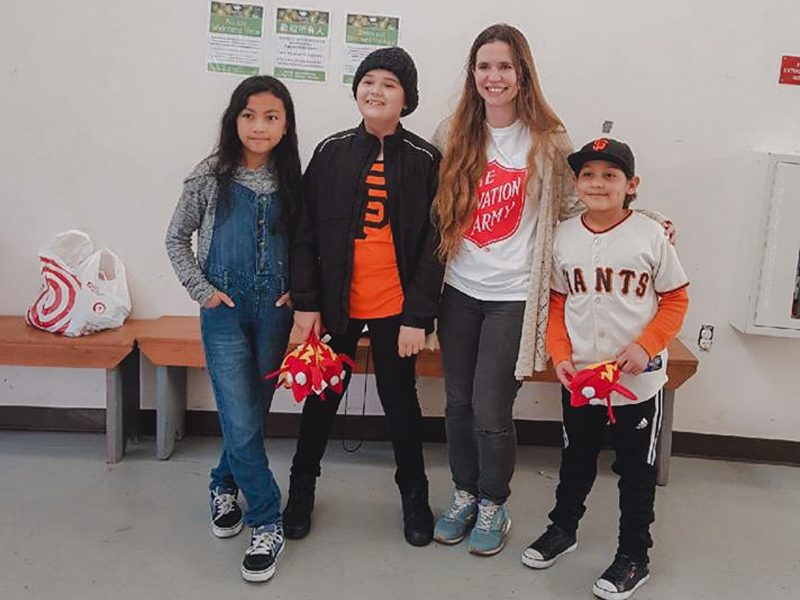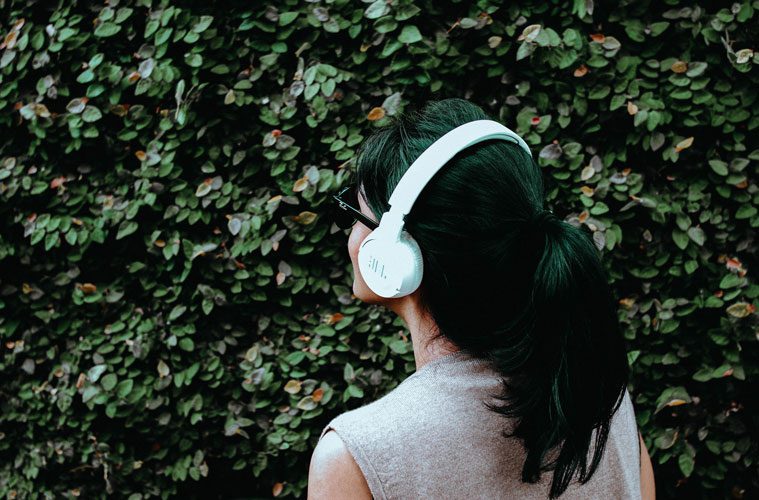Learning is our greatest chance at being the best version of ourselves. To be more courageous, more peaceful, more daring, more wise, more kind. We learn those things by experiencing the different stages of life with those who are both like us and unlike us. We learn about ourselves—what we like, what we don’t like, what we excel at, what we’re passionate about. We learn more about others—how to be empathetic, how to be sacrificial, how to be kind, how to connect with those who are different than us. We learn more about the world–why we should invest in our communities, why we should recycle, why we should advocate for those who can’t, why we should care about racial reconciliation.
That all starts with learning. No matter how traditional or unconventional the learning environment is, gains are made. Education matters, and here are some ways you can give back to support its ideals:
Take a book, leave a book
Reading not only expands vocabulary, grammatical understanding, writing, and comprehension, but it also expands our minds, beliefs, worldviews and perspectives. The more we read, the more we learn from life’s greatest teachers. Whether it’s philosophy and ethics from Plato and Aristotle or plays and dramas from Shakespeare or poetry from Wordsworth or fiction from Turgenev, the genres are more than our points of interest, but rather points of reference in the scope of history. So, take it from those who have marked history with their wisdom and care for teaching the world no matter the era.
To share the gift of writing as the key to worlds beyond us, start a free library in your community, using this as your guide. No matter what form your miniature library takes—you can use an old mailbox, container or build your own structure—start a library where people can come to take a book in exchange for leaving a book. Books are meant to be shared, not kept.
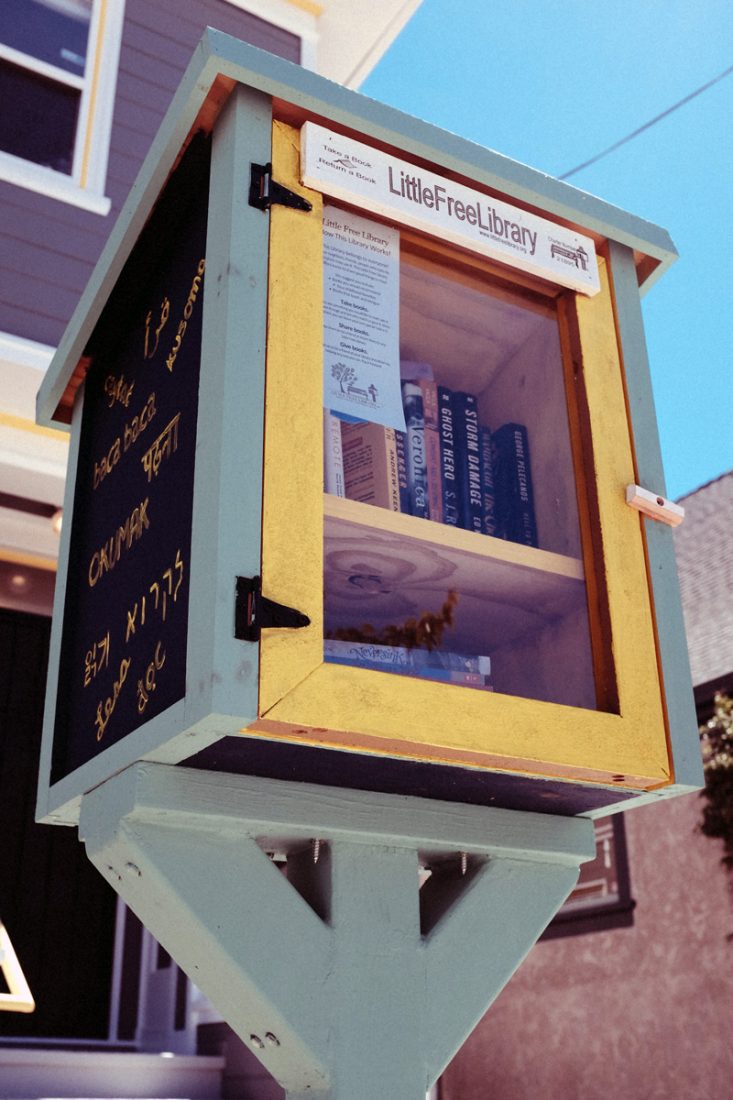
Donate your time and talents
Where there is a need, there is an opportunity. Whether you are well-equipped for something specific, like painting or piano, or not, consider volunteering. Volunteer at a place where they see the value of education, whether it’s tutoring for homeschool students or private school students, or volunteering your time and talents at an organization for classes, or because the teachers need an extra hand.
Students need people who will rise up to the task of leading well and for the right reasons. In exchange, volunteering and teaching engages us with valuable experiences unlike our day-to-day tasks. If short on time, consider purchasing an extra backpack with school supplies and donate to a local school for the kids that need them. Whatever it is that you have, share it.
Focus on relationships
Learning starts with an established relationship whether it’s author and reader, teacher and student, parent and child. Recognizing that learning is relational opens up the environment of learning to outside the classroom, desk and textbook. Teaching moments begin to transcend as math lessons of addition and subtraction begin to add in the element of giving and taking, story time focuses on the principles of individuality, recess allows for lessons of friendship and forgiveness.
Learning is more than school time. Learning is something that never ends. That takes place wherever we are introduced to something, challenged by something, overcome something. Learning happens best as a community because that is what our world is—a community of those continuing to learn whether by textbook or life experience.












